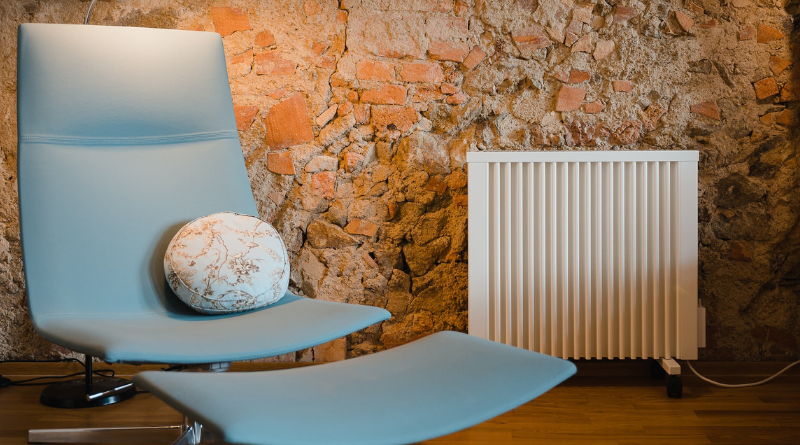how long can electric space heaters be left on
Electric heaters are a popular choice for keeping our homes warm during the colder months. However, there is often a question lingering in our minds: how long can electric heaters be left on? In this article, we will provide you with some valuable insights and guidelines to follow when it comes to using electric heaters safely and efficiently.
Understanding Electric Heaters
Before we delve into the topic, let's have a clear understanding of electric heaters. Electric heaters are devices designed to convert electric current into heat. They come in various shapes and sizes, from portable space heaters to wall-mounted or baseboard heaters. They are commonly used to supplement central heating systems or provide warmth to specific areas within a room.
Electric heaters operate by passing an electric current through a resistive element, typically made of nichrome wire. When the current flows through the wire, it generates heat due to its high resistance. The heat is then radiated into the surrounding area, raising the temperature and providing warmth.
Now that we have a basic understanding of electric heaters, let's address the pressing question: how long can electric heaters be left on?
Important Considerations
The duration for which you can leave an electric heater on depends on several factors. These factors include the type of heater, the size of the room, insulation, safety features, and personal preferences. Let's take a closer look at each of these considerations.
Type of Electric Heater
Different types of electric heaters have varying capacities and safety features. Some common types include convection heaters, radiant heaters, oil-filled heaters, and ceramic heaters. Convection heaters warm the air, while radiant heaters emit infrared radiations directly, providing instant warmth. Oil-filled and ceramic heaters are known for their ability to retain heat even after they are turned off.
The type of electric heater you have will affect the maximum duration it can be left on. It is essential to refer to the manufacturer's guidelines or the heater's user manual to determine the recommended usage time.
Size of the Room
The heating capacity of an electric heater is measured in British Thermal Units (BTUs) or watts. To make an electric heater effective, it needs to have sufficient heating capacity for the room size. A heater with lower BTU or wattage may take longer to warm up the room or may not provide adequate warmth at all.
Therefore, the maximum duration you can leave an electric heater on depends on how well it can heat the room and maintain the desired temperature. If the heater struggles to keep up with the heat loss in the room, you may need to leave it on for an extended period.
Insulation
The level of insulation in your home plays a crucial role in the duration you can leave an electric heater on. Proper insulation helps retain heat, reducing the workload on your heater. If your home has good insulation, the heater will require less time to warm up the space, and you may need to leave it on for shorter periods.
Safety Features
Safety is a paramount concern when it comes to using electric heaters. Many modern electric heaters come equipped with safety features such as tip-over protection, overheating protection, and automatic shut-off timers. These features ensure that the heater operates safely and reduces the risk of accidents or fires.
While these safety features provide peace of mind, they also affect the duration the heater can be left on. If your heater has advanced safety features, you may feel more confident leaving it on for longer periods. However, it is still essential to exercise caution and never leave the heater unattended for extended periods.
Recommended Guidelines
Based on the considerations mentioned above, here are some recommended guidelines for leaving electric heaters on:
1. Always follow the manufacturer's instructions and guidelines provided with your specific electric heater model. These instructions will outline the recommended duration for safe usage.
2. Don't leave the electric heater on overnight or when you are away from home. It is best to turn the heater off when you are not in the room or are sleeping. This precaution will minimize the risk of accidents or overheating.
3. When you are using an electric heater, ensure there is proper ventilation in the room. Electric heaters consume oxygen as they burn electricity, and inadequate ventilation may lead to poor air quality or oxygen depletion.
4. Place the electric heater on a stable and non-flammable surface. Keep it away from curtains, furniture, and other combustible materials. This practice will reduce the risk of accidental fires.
In Conclusion
Electric heaters are a convenient and effective way to warm your home. However, it is important to use them responsibly and follow the recommended guidelines. The duration you can leave an electric heater on depends on various factors such as heater type, room size, insulation, and safety features. By considering these factors and following the manufacturer's recommendations, you can ensure the safe and efficient use of your electric heater.
Remember, always prioritize safety and exercise caution when using electric heaters. Stay warm and cozy this winter while keeping your home secure and comfortable!

Image source: Heaterview
Additional Resources
For more information on electric heaters and their safe usage, you may find the following resources helpful:
- Heaterview - How Long Can Electric Heaters Be Left On
- Classic Housecraft - How Long Can Electric Heaters Be Left On?
Remember to always refer to reputable sources and consult professionals in case of any doubts or concerns.

